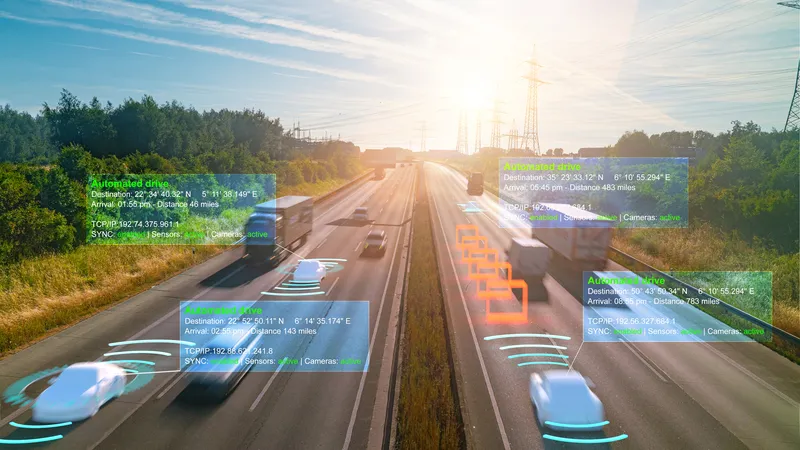
Avis Budget Group has helped form Urban Movement Labs (UML), a public-private partnership in Los Angeles which aims to accelerate transportation technology.
UML was launched by LA mayor Eric Garcetti, and Avis says it will focus on rolling out transit solutions, addressing challenges around climate change and replicating learnings in urban environments around the world.
In its first year, the venture will work with local communities on a range of issues including the design of city kerbs, connecting people to public transit and providing better transportation to visitors.
Other founding members of UML include Garcetti’s Office of Economic Development, Lyft, Verizon, Waymo, the LA Department of Transportation, LA World Airports, the Port of LA and the LA Cleantech Incubator.








